Dr Mark Porter on how to treat Achilles tendonitis
The best way to treat a sore Achilles tendon, by Saga's medical expert.
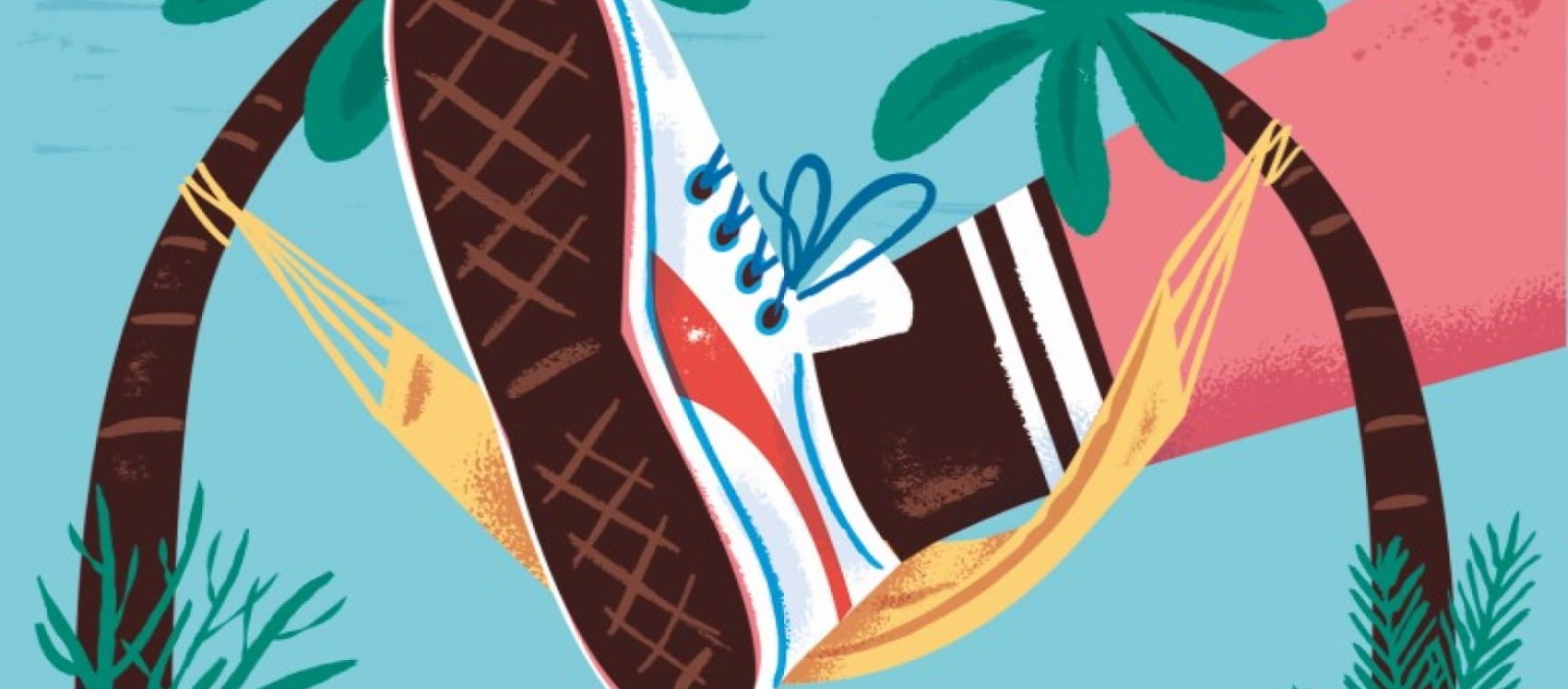
The best way to treat a sore Achilles tendon, by Saga's medical expert.

A reader asks: What is the best way to get rid of a sore Achilles tendon?
Although in my late sixties, I am still a keen fell runner and aware that it gets better with rest.
However, every time I resume my training, the symptoms return.
Dr Mark's reply
Anyone can get Achilles tendonitis but it is a common overuse injury in joggers and runners like you. Factors that make it more likely to happen include poor footwear, tight hamstrings, hill running and frequent changes in terrain.
Not that you have to do any exercise to be at risk, as it becomes more common with age. It can be a particular problem in people with flat feet and in women who spend a lot of time in high heels (this can shorten their tendons, putting them under more strain).
Classic symptoms include a tender or swollen tendon, and pain behind or above the heel when walking or running, particularly first thing in the morning. It may also hurt if you stand on tiptoe.
Given you are a regular runner I would consult a physiotherapist first. They will be able to confirm the diagnosis and refer you on to your GP if in doubt. In some areas of the UK you can self-refer to an NHS physio, or see a private one if you can afford it – it would be money well spent for someone as active as you.
The two basics of successful treatment are to rest the tendon by cutting back on training, or even stopping your running for a while, switching to non-weight-bearing alternatives such as cycling, and to do stretches like heel drops.
A good physiotherapist will be able to give you specific advice on how to adjust your training regime and demonstrate the different techniques required for the exercises, which are more complicated than simple calf stretches.
And be patient: expect recovery to take many weeks – and in some cases many months.
If you ignore the pain and push on, you risk tearing or rupturing the tendon, which can mean having to wear a walking boot or plaster, and even surgery.
With 26 years experience in practice and a partner in a busy South Gloucestershire surgery, Dr Mark is also resident doctor on BBC One's The One Show, presents Radio 4's Inside Health, writes for The Times, and has popped up on celebrity versions of The Weakest Link and Mastermind.
Dr Mark was awarded an MBE in 2005 for services to medicine.

For a limited time, enjoy 3 issues of Saga Magazine for just £1. Receive the next 3 print editions delivered direct to your door, plus 3 months’ unlimited access to the Saga Magazine app—perfect for reading on the go.
Don’t miss your chance to experience award-winning content at an exceptional price.
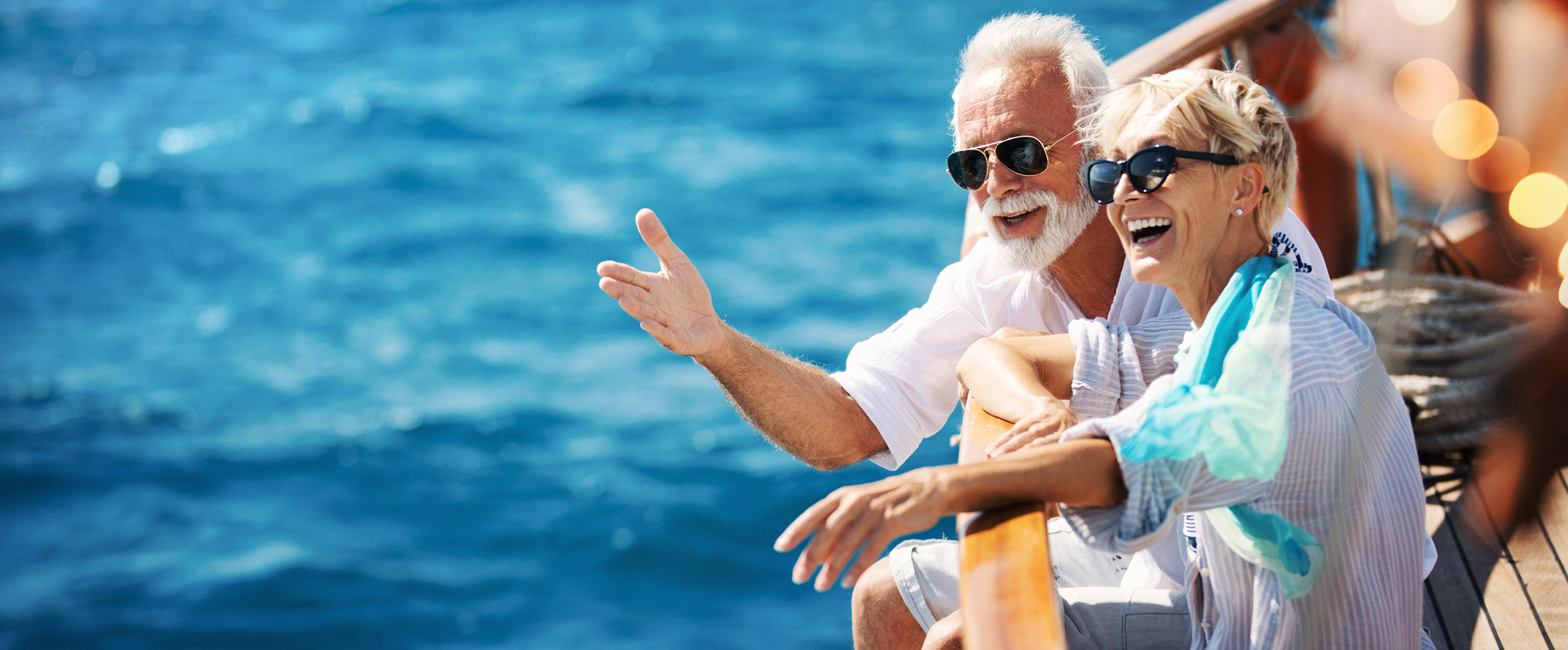
Are you retiring at the wrong age? The best age to retire for your body, brain, happiness and pocket.
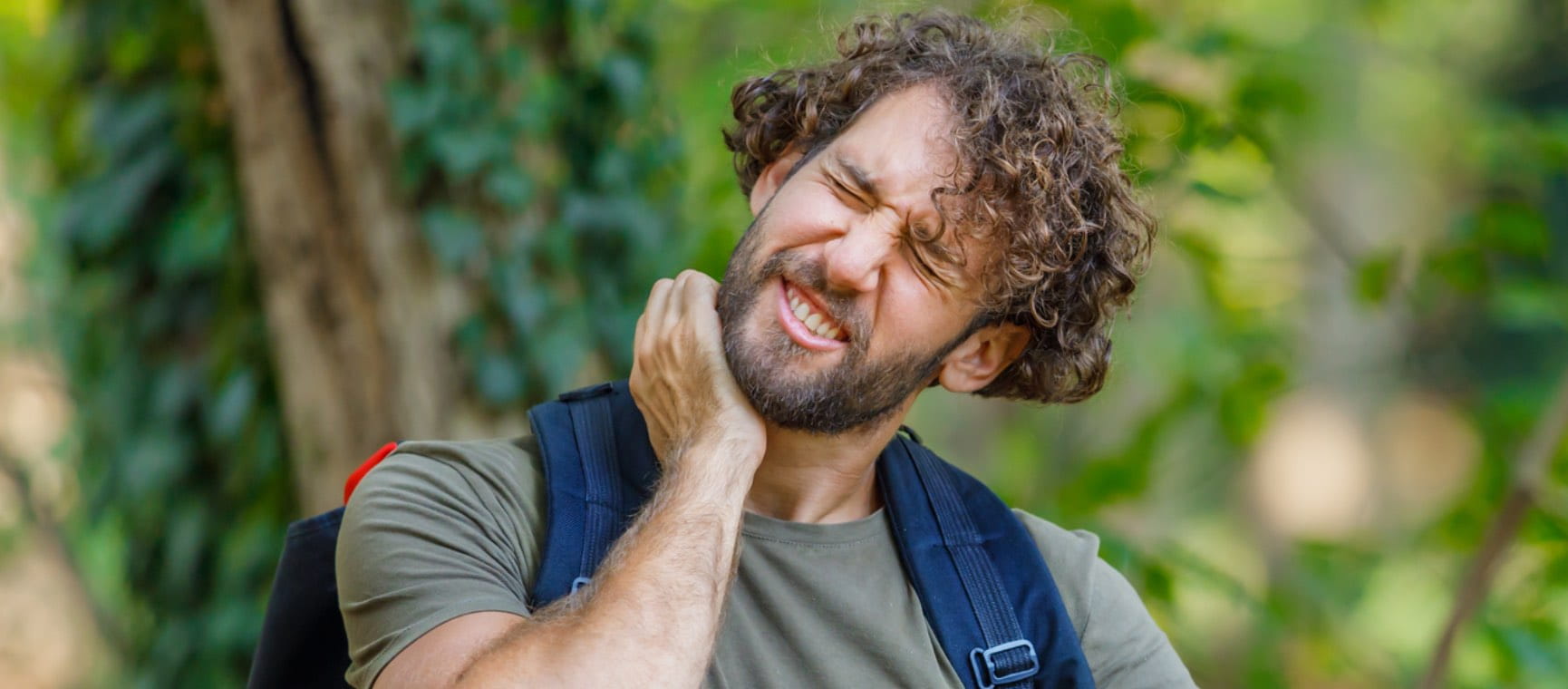

Everything you need to know about the lung infection, and how you could be ill with “walking” pneumonia without realising it.
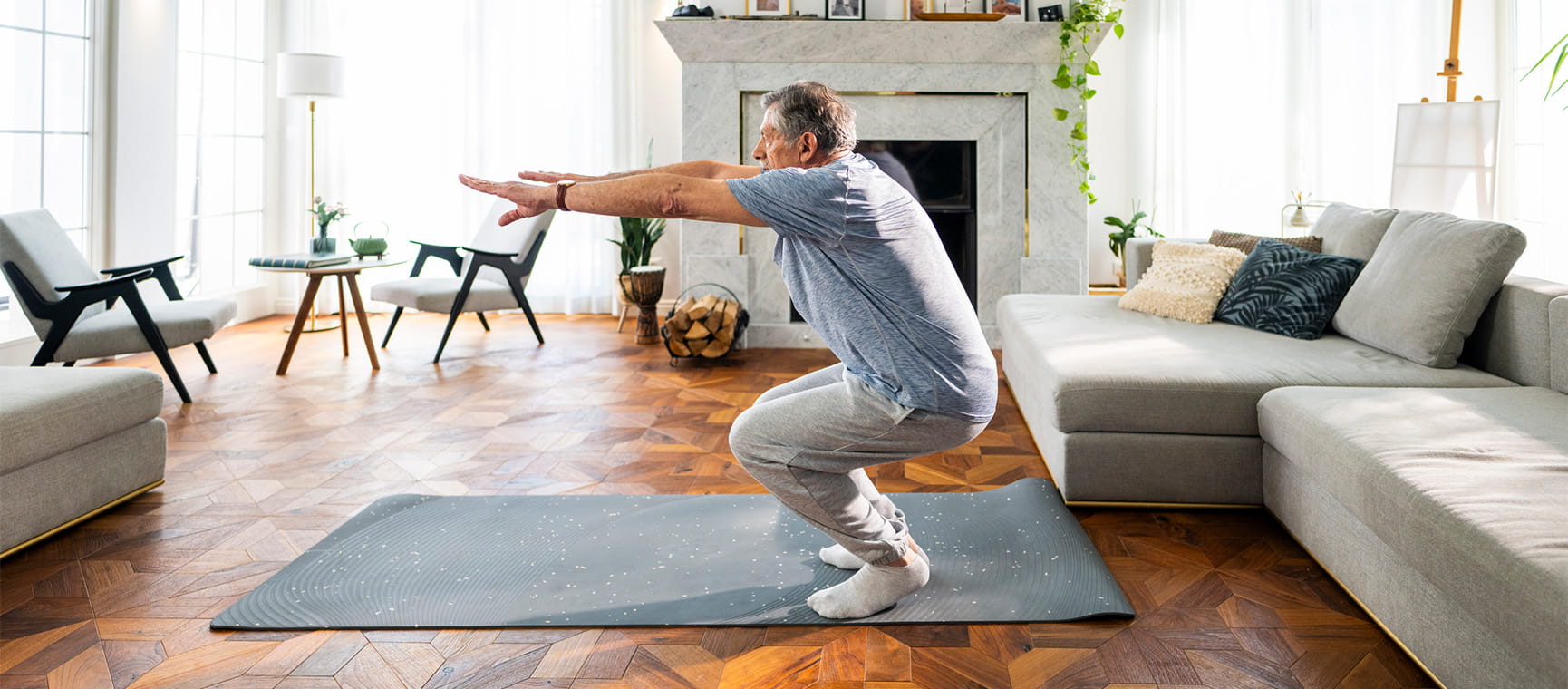
Strong calves for a strong mind: how they support our circulation and brain health, with easy moves to strengthen yours at home.


Our GP Dr Mark Porter explains what can cause itchy skin, which is a common problem as we get older.

Worried you’ve morphed into Victor Meldrew? Find out how to battle that bad mood, and what to do if you’re stuck with a grouchy loved one.

The benefits of heat and cold therapy, and how Nordic bathing won over our nervous writer.

Here’s how to spot the symptoms of heat disease and reduce your danger.

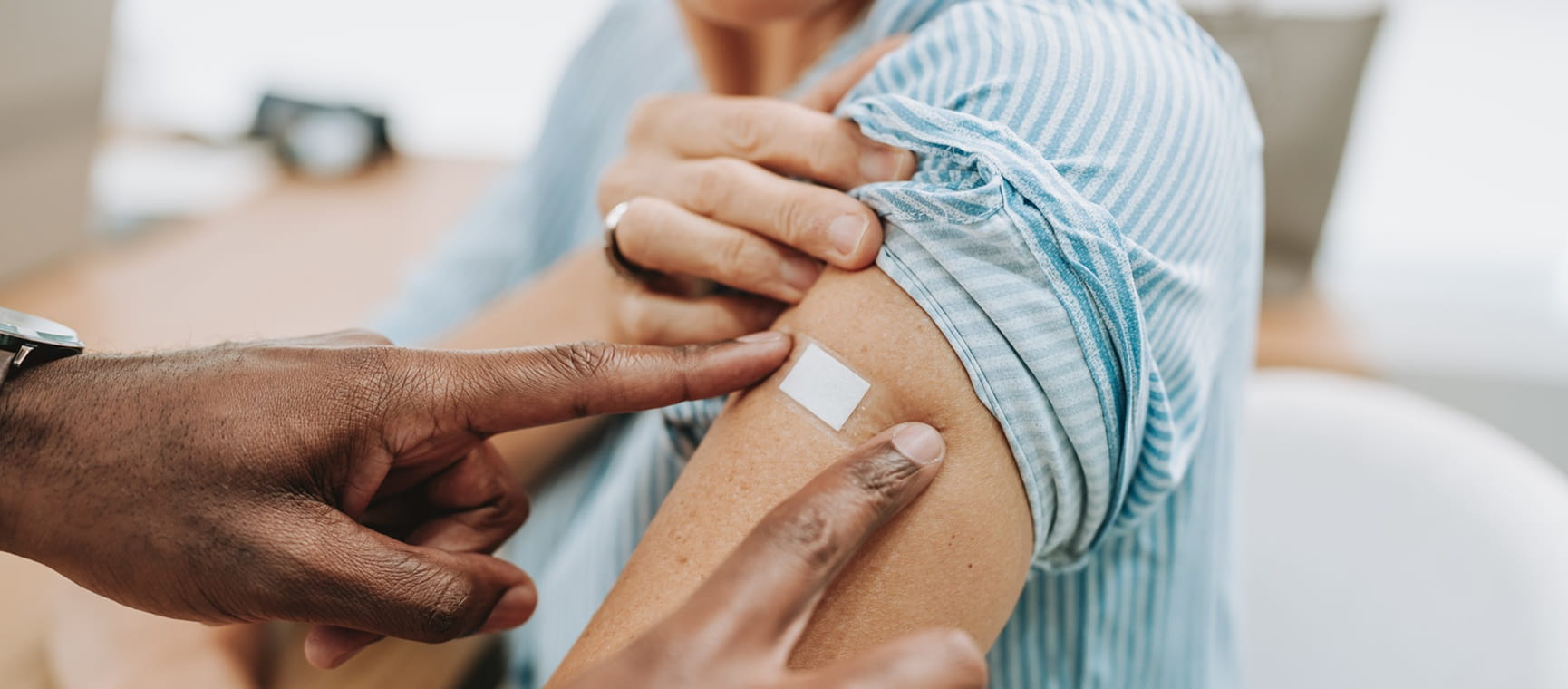
The NHS winter vaccination campaign kicks off next week. Here’s the lowdown on what you need to book.

Pilates for back pain – what to do if you are suffering, and five gentle exercises that could help.
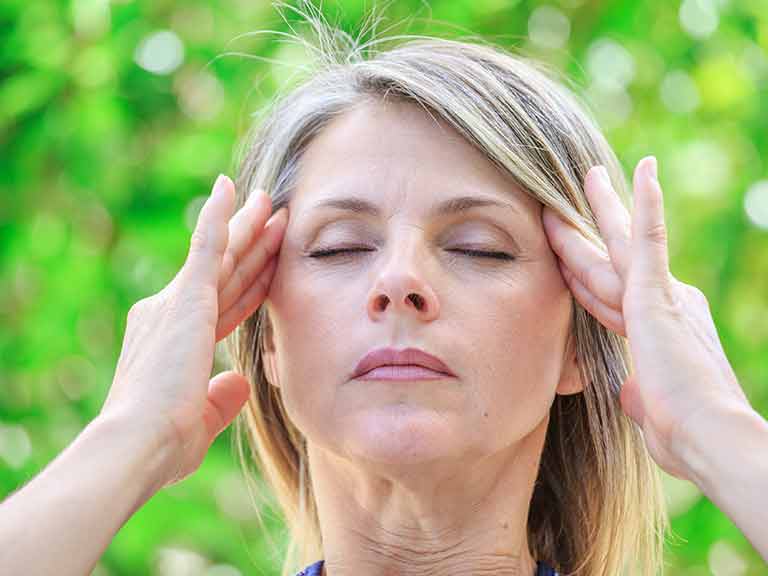
Dizziness or vertigo: a sensation of spinning, can stop us doing everyday things for fear of falling. Try these tips to stop feeling dizzy


You don’t have to put up with bladder leaks. We try out the latest pelvic floor gadgets for men and women.
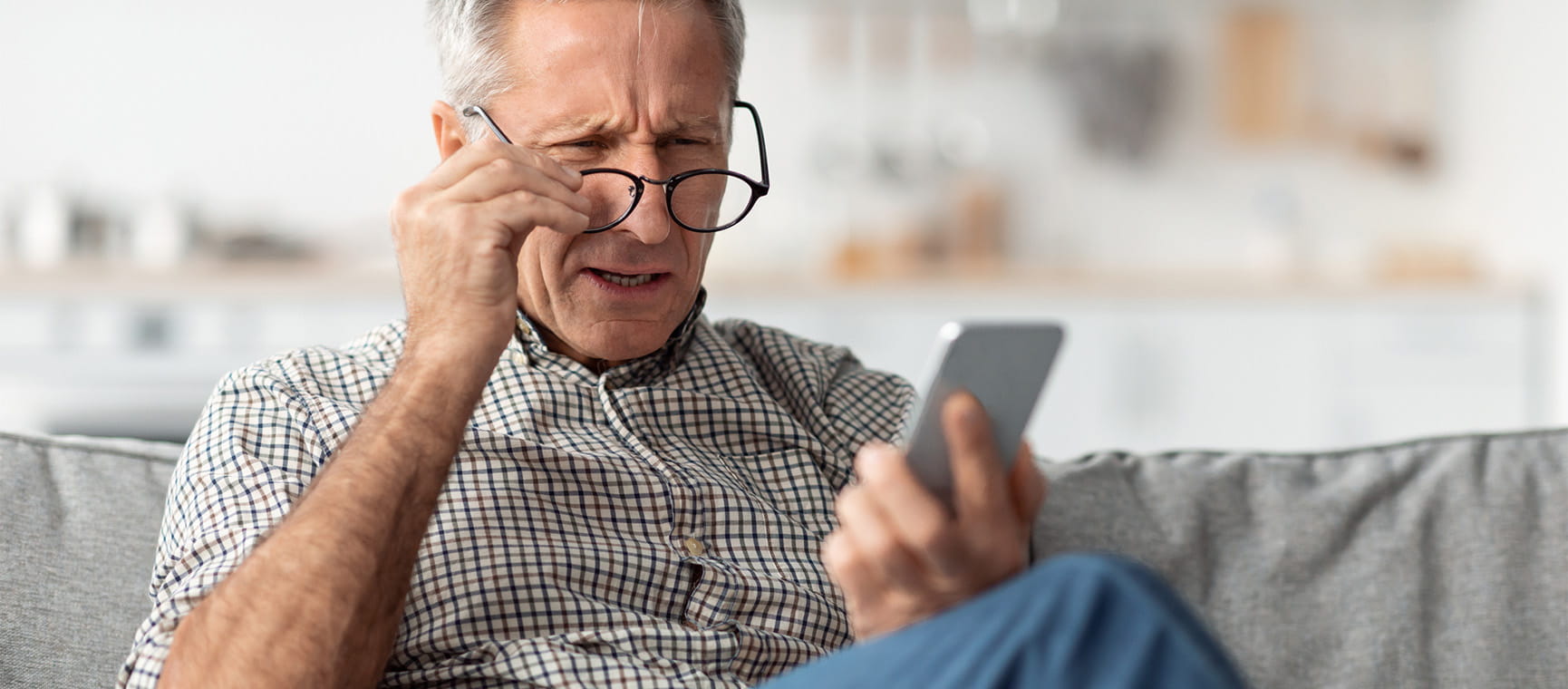
Cataracts are a normal part of ageing. Learn how to spot the signs – and when it’s time to consider surgery.